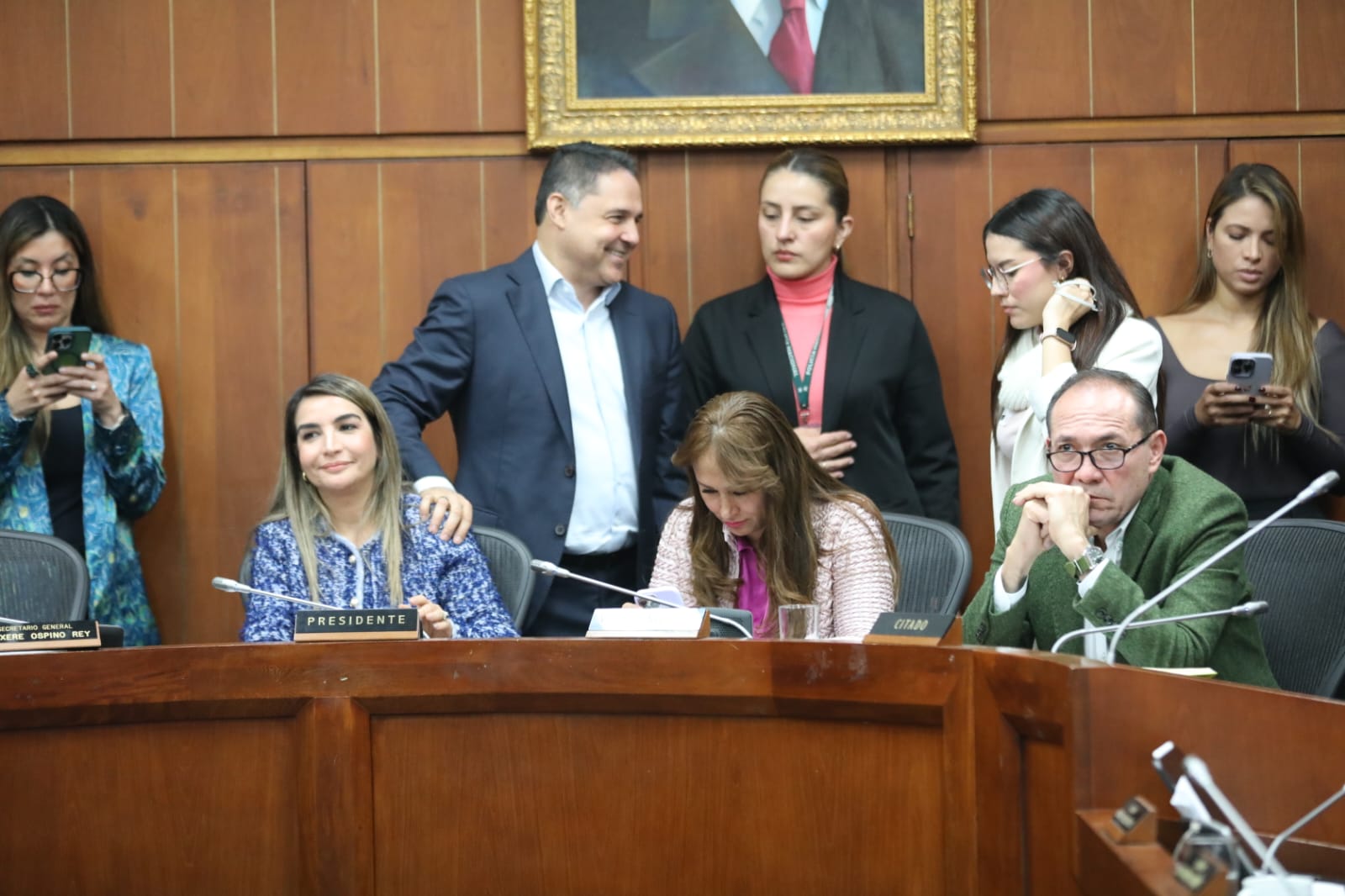Acemi asserts that the draft decree from the Ministry of Health contains articles that violate the law and the Constitution.

A few days ago, the Ministry of Health published two draft decrees for comment that seek to make changes to the health system, given the complex future of the health reform bill in Congress.
With these regulations, the government would seek to make changes to the allocation and management of the UPC and the role of the EPS in the system by implementing a "Preventive, Predictive, and Resolute Health Model." Basically, it would implement by decree some of the changes included in the reform text.
However, for Acemi, the EPS union, several of the articles in this latest regulatory proposal would violate the law and go against the Constitution and the regulatory framework of the health system. According to Acemi president Ana María Vesga, they will present several observations to the Ministry of Health on May 10 due to the legal irregularities in the text.

Health care reform is still under consideration in Senate Committee VII. Photo: Milton Díaz. EL TIEMPO
For example, one of the points is that changes that require a law cannot be made by decree, in accordance with Laws 1122 and 1438. Among the changes proposed in one of the decrees presented by the Ministry of Health would be transferring the functions of the EPS to the territorial entities.
According to the draft, the Emergency and Urgency Regulatory Centers (Crue) would be responsible for managing and ensuring patient care. In other words, each Health Secretariat in each municipality would be responsible for part of the administrative management of patients.

Health ministries and regional authorities would have greater control over patient management. Photo: Courtesy
In addition, another point the Ministry of Health decree would seek would be to grant mayors and governors extraordinary powers to establish comprehensive health networks, something also sought by the reform, whose future hangs in the balance in the legislature.
These networks are basically the centers to which a patient is referred on their route through the system, or basically which clinics and hospitals are contracted to provide the care the user requires.
Another point Acemi also raised was the creation of subregions and "microterritories," a concept that doesn't legally exist, as the national territory is already defined. According to Vesga, this would violate Law 388 of 1997, known as the Territorial Planning Law.
The creation of new citizen participation bodies would also violate the current regulatory framework, as it would allow users to assume design and implementation roles within the system, something that currently falls under the legal jurisdiction of other actors, such as the EPS.
While Vesga asserted that each government typically makes changes to the health system, implementing care models that adapt to the reality and need for transformation, it has never been the case that such changes have been attempted in violation of the current legal framework.

Ana María Vesga, CEO of Acemi. Photo: César Melgarejo. EL TIEMPO
Furthermore, as outlined in the law, there would be a one-year transition period, so if the text were to be published as is, the current government would be able to see little of the changes it intends to make to the system.
"The ministry may have a political vision for the health model, but any structural modification must be made within the current legal framework. We are talking about elements that profoundly affect the institutional architecture of the health system," the executive stated.
Environment and Health Journalist
eltiempo





